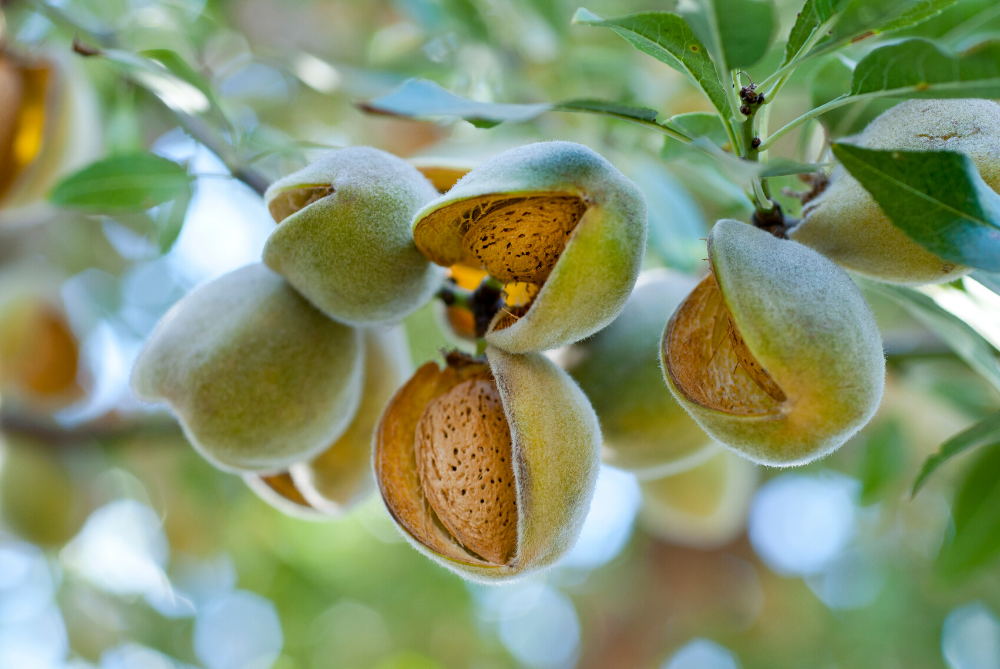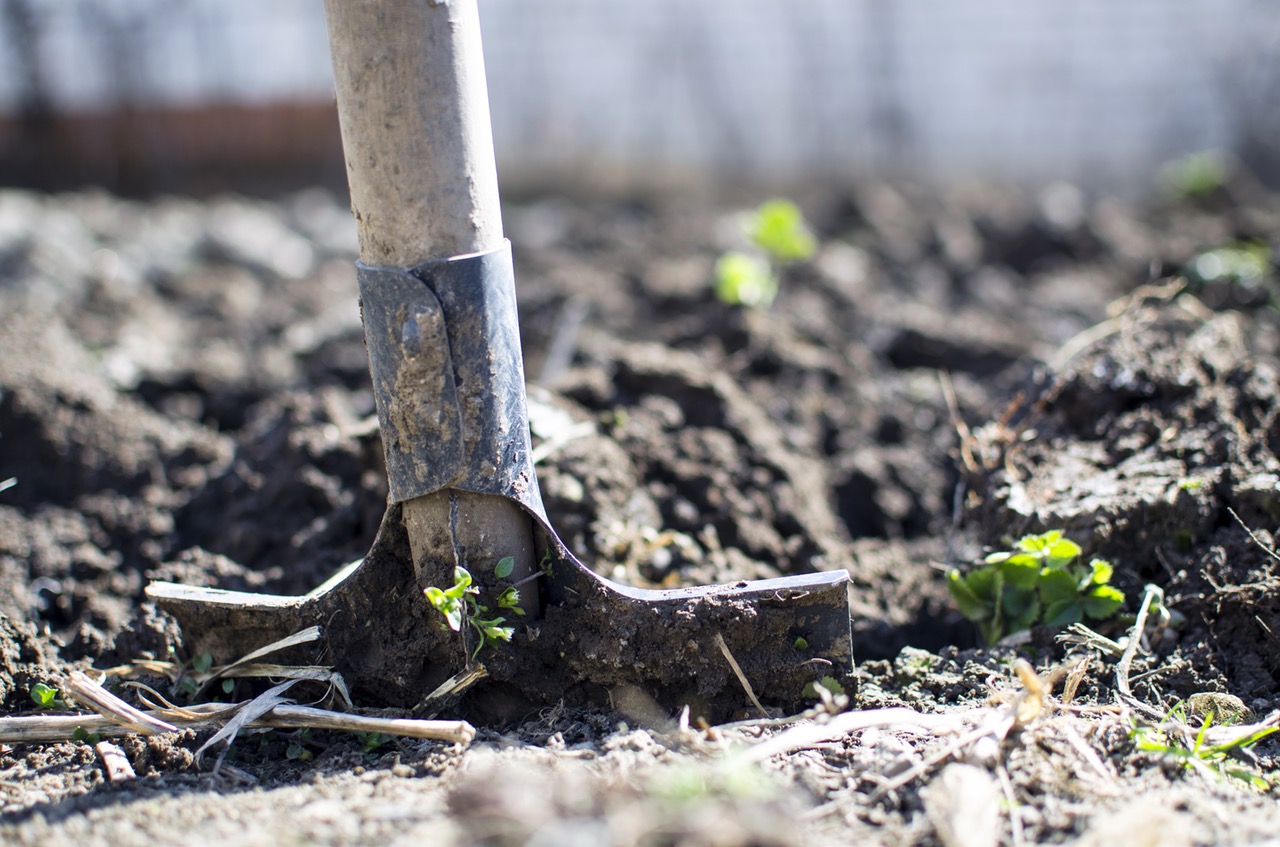|
by Ashtyn Adams Matthew 9:35-38 (NRSV) |
About this BlogThis blog shares the activities of Creation Justice Ministries. We educate and equip Christians to protect, restore, and rightly share God's creation. Archives
July 2024
Categories
All
|
Photo from johndillon77



 RSS Feed
RSS Feed